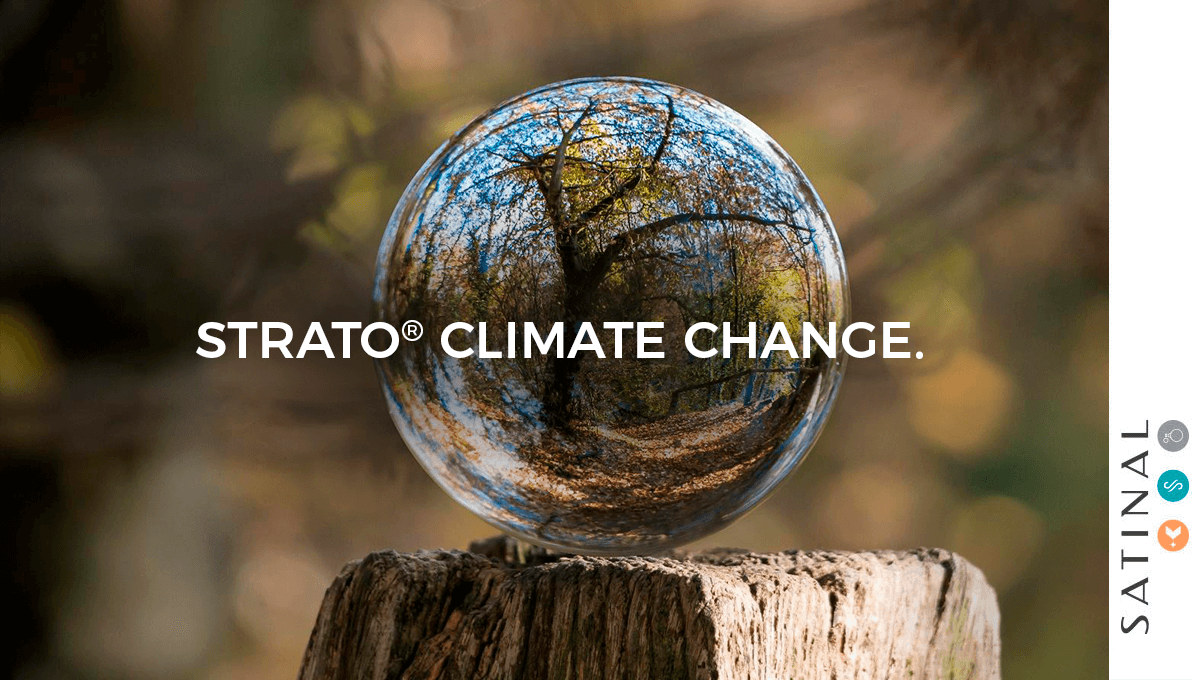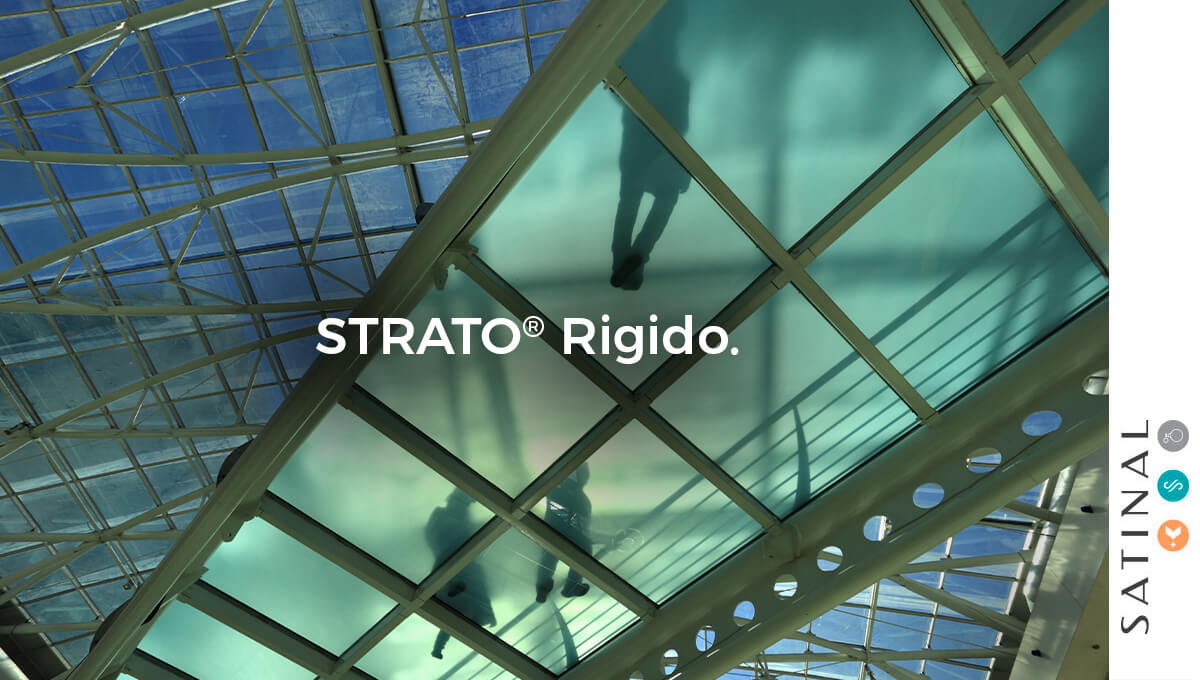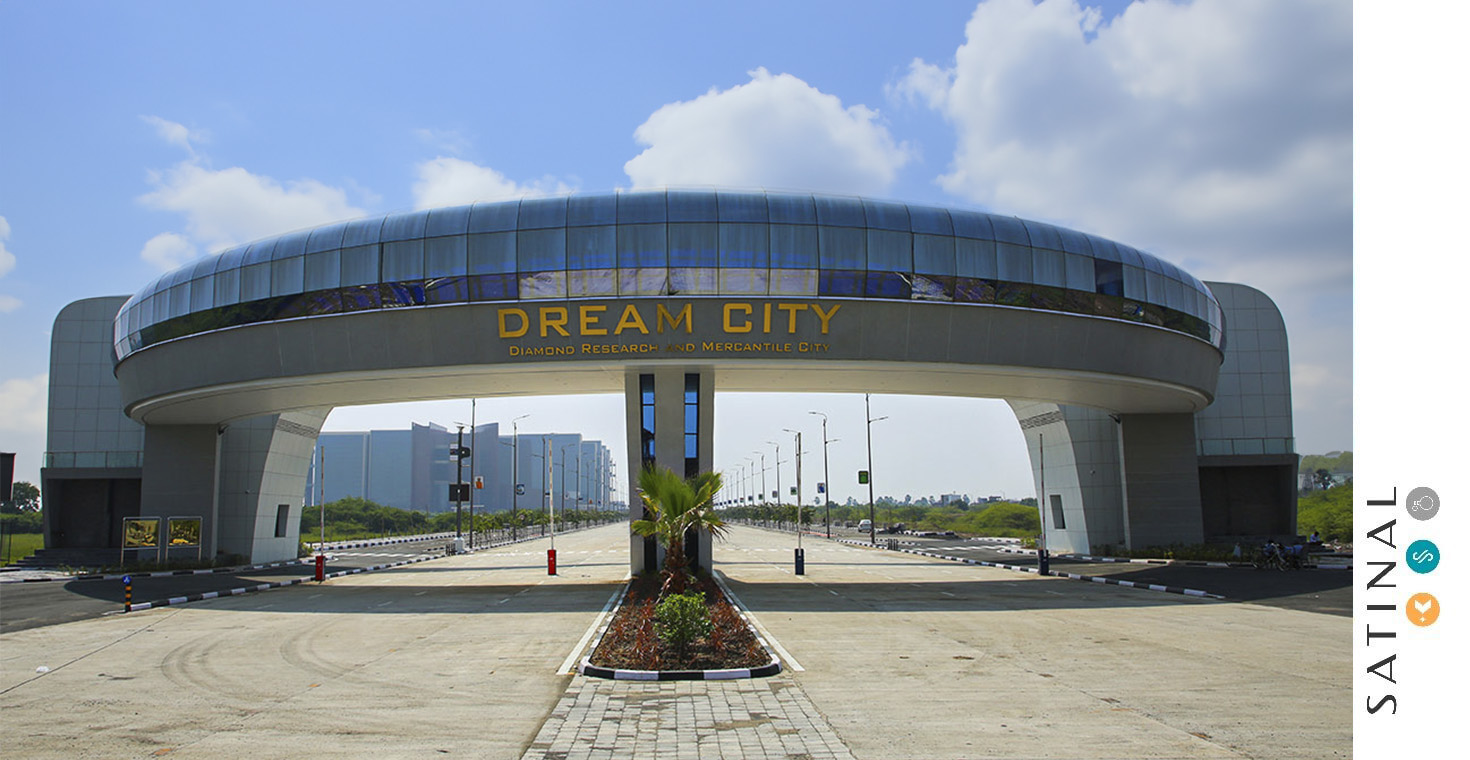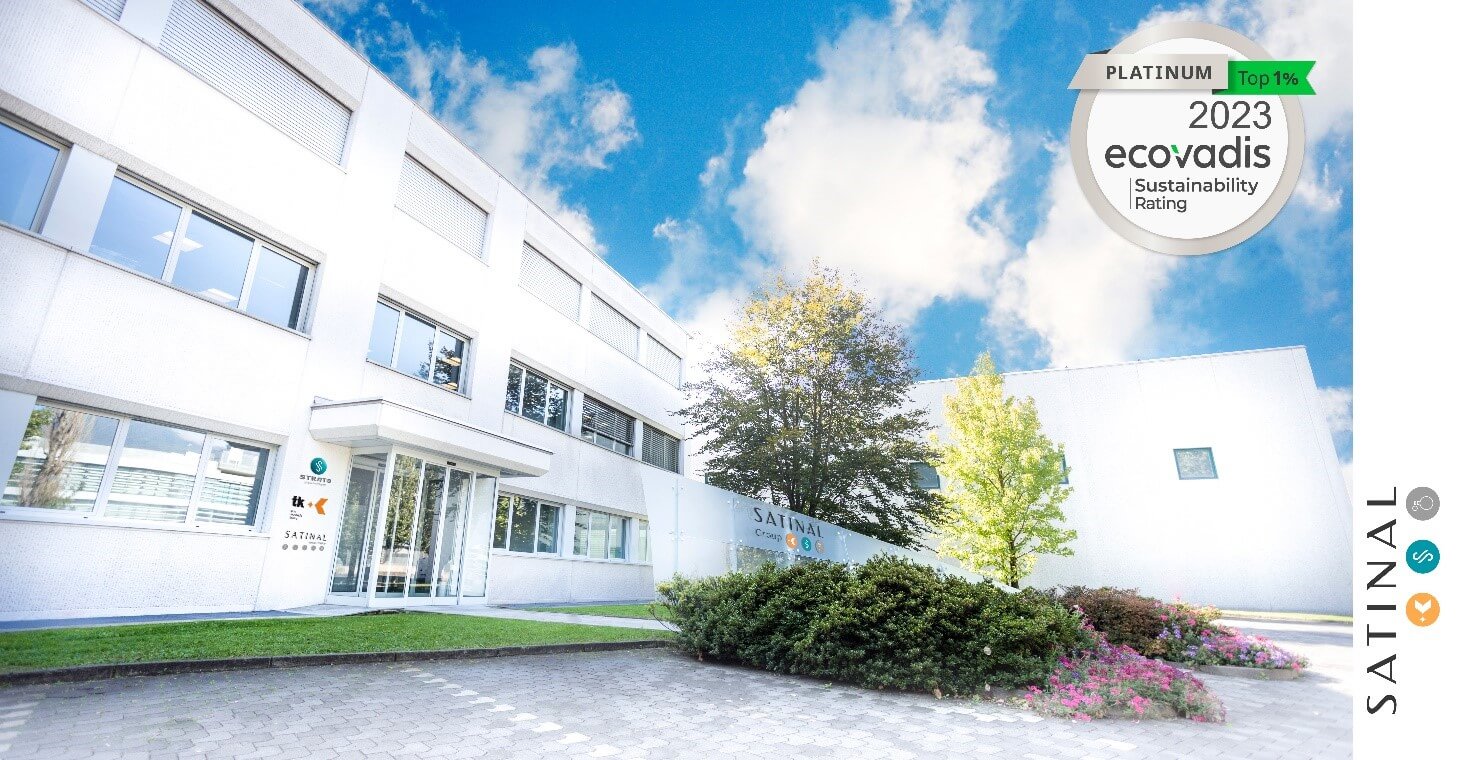Satinal: how STRATO® can contribute to stem the global warming
It is well known that climate change refers both to long-term natural and man’s hand shifts in temperatures and weather patterns. Human activities have been the main drivers of climate change and Greenhouse Gas Emissions.
As human being are the main culprits of the warning global warming, they should take to heart the global issue and implement resolutive actions. According to the European Commission, “…as every tonne of CO2 emitted contributes to global warming, all emissions reductions contribute to slowing it down. In order to stop global warming completely, CO2 emissions have to reach net zero worldwide. In addition, reducing emissions of other greenhouse gases, such as methane, can also have a powerful effect on slowing global warming – especially in the short term”.
The looming climate emergency has been urgently demanding a strong turnover. Many companies have been adopting a positive impact and a responsible approach within their supply chain, taking decisive steps towards a brighter, greener future, leading to an ecological renewal of market dynamics.
In this scenario STRATO® has, de-facto, adopted a sensitive approach and has been investing in transformative next-generation technologies to achieve net-zero.
Recently STRATO® has been object of in-depth analysis aiming to assess the environmental profile of its product range, in terms of CO2 impact, considering life cycle of the materials and secondary products involved.
STRATO® obtained the ISCC PLUS certification with a score of 1,13 [kg CO2 eq], thanks to its STRATO® Carbon free product range. With 1.13, the environmental profile of STRATO® is a reference score for developing a road map toward zero-carbon aspirations in 2050. The challenge is to create a sustainable option for customers who would buy responsibly with a look to the global warning impact.
Above all, STRATO® has designed a wide range of products that mainly run on a double track:
- Performance: control of the UV-rays and NIR energy from the outside to the inside of buildings
- Sustainable: contribution in reducing the impact of CO2 emissions
Concernig the first point, STRATO® EVA is a thermosetting material that creates three-dimensional bonds at molecular level during the lamination process. This notable feature makes STRATO® EVA film not sensitive to humidity, water and in particular to unforseen weather conditions, a direct consequence of the climate change so far.
STRATO® FRESCO is an innovative high-performance EVA film belonging to STRATO® SOLAR CONTROL product range. It reduces UV and NIR energy allowing the highest visible light transmission. A new generation of high-perfomance EVA film that uses the nanoparticle technology. It has been formulated to give efficient solar control properties to laminated safety glass. STRATO® FRESCO can replace low-emission glass because it reduces the heat transmission.
The second point is related to STRATO® FRESCO being specifically formulated to provide exceptional durability when exposed to weather conditions and great sound insulation. It significantly reduces energy costs and CO2 impacts by controlling solar heat energy.
In simple terms, if we analyse the behaviour of a laminated glass with one or more STRATO® FRESCO EVA sheets we will notice that the value of the transmission of the visible light is opposite to that of the infrared rays. A great performance of STRATO® FRESCO EVA films that let a comfortable indoor environment. By reducing the use of air conditioning, customers will get economic benefits – like reduction of electricity costs – and also environmental reduction of Greenhouse Gas Emissions.
STRATO® has been paving the way to a new generation of green products that aims at an innovative path toward the limitation of GHG emissions. A tool to achieve the 2050 net zero goals and, hopefully, a motivation to others to implement similar solutions in their manufacturing strategies.






